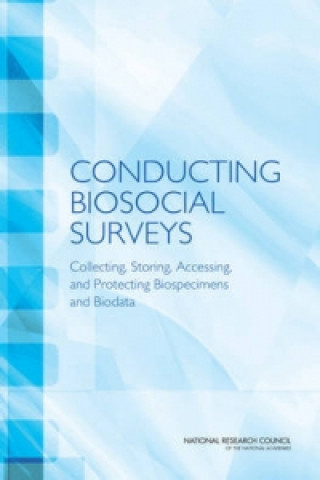
Code: 04579126
Conducting Biosocial Surveys
by Panel on Collecting, Storing, Accessing, and Protecting Biological Specimens and Biodata in Social Surveys, Committee on Population, Committee on Nati
Recent years have seen a growing tendency for social scientists to collect biological specimens such as blood, urine, and saliva as part of large-scale household surveys. By combining biological and social data, scientists are ope ... more
- Language:
 English
English - Binding: Paperback
- Number of pages: 124
Publisher: National Academies Press, 2010
- More about this

37.97 €
Availability:
50/50 We think title might be available. Upon your order we will do our best to get it within 6 weeks.
We think title might be available. Upon your order we will do our best to get it within 6 weeks.We search the world
You might also like
-

Flow-of-Funds Perspective on the Financial Crisis Volume II
121.21 € -

Red Ink II
97.88 € -

Losing to Win
55.75 € -

Paine, Scripture, and Authority
101.92 € -

Beyond the Looking Glass
153.74 € -

Issues and Insights from the Army Technology Seminar Game
24.74 € -
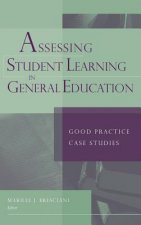
Assessing Student Learning in General Education - Good Practice Case Studies
49.89 €
Give this book as a present today
- Order book and choose Gift Order.
- We will send you book gift voucher at once. You can give it out to anyone.
- Book will be send to donee, nothing more to care about.
Availability alert
Enter your e-mail address and once book will be available,
we will send you a message. It's that simple.
More about Conducting Biosocial Surveys
You get 95 loyalty points
 Book synopsis
Book synopsis
Recent years have seen a growing tendency for social scientists to collect biological specimens such as blood, urine, and saliva as part of large-scale household surveys. By combining biological and social data, scientists are opening up new fields of inquiry and are able for the first time to address many new questions and connections. But including biospecimens in social surveys also adds a great deal of complexity and cost to the investigator's task. Along with the usual concerns about informed consent, privacy issues, and the best ways to collect, store, and share data, researchers now face a variety of issues that are much less familiar or that appear in a new light. In particular, collecting and storing human biological materials for use in social science research raises additional legal, ethical, and social issues, as well as practical issues related to the storage, retrieval, and sharing of data. For example, acquiring biological data and linking them to social science databases requires a more complex informed consent process, the development of a biorepository, the establishment of data sharing policies, and the creation of a process for deciding how the data are going to be shared and used for secondary analysis--all of which add cost to a survey and require additional time and attention from the investigators. These issues also are likely to be unfamiliar to social scientists who have not worked with biological specimens in the past. Adding to the attraction of collecting biospecimens but also to the complexity of sharing and protecting the data is the fact that this is an era of incredibly rapid gains in our understanding of complex biological and physiological phenomena. Thus the tradeoffs between the risks and opportunities of expanding access to research data are constantly changing. Conducting Biosocial Surveys offers findings and recommendations concerning the best approaches to the collection, storage, use, and sharing of biospecimens gathered in social science surveys and the digital representations of biological data derived therefrom. It is aimed at researchers interested in carrying out such surveys, their institutions, and their funding agencies.
 Book details
Book details
Book category Books in English Society & social sciences Sociology & anthropology Sociology
37.97 €
- Full title: Conducting Biosocial Surveys
- Subtitle: Collecting, Storing, Accessing, and Protecting Biospecimens and Biodata
- Author: Panel on Collecting, Storing, Accessing, and Protecting Biological Specimens and Biodata in Social Surveys, Committee on Population, Committee on Nati
- Language:
 English
English - Binding: Paperback
- Number of pages: 124
- EAN: 9780309157063
- ISBN: 0309157064
- ID: 04579126
- Publisher: National Academies Press
- Dimensions: 229 × 152 mm
- Date of publishing: 02. October 2010
Trending among others
-

Fair Play Deck
17.77 € -22 % -

Eroticism
11.30 € -28 % -

Bushido the Soul of Japan
11.51 € -

Cartoon Guide to Statistics
19.59 € -21 % -

Gifts of Imperfection: 10th Anniversary Edition
28.68 € -

Building and Dwelling
13.83 € -29 % -

Single Mothers by Choice
13.83 € -19 % -
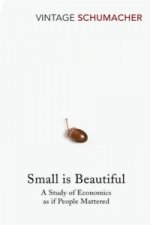
Small Is Beautiful
11.10 € -22 % -

Sex at Dawn
13.73 € -18 % -

Surrendered Wife
10.29 € -28 % -

Intercourse
14.23 € -28 % -

True Believer
12.82 € -29 % -
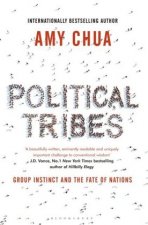
Political Tribes
11.30 € -21 % -
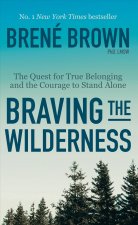
Braving the Wilderness
8.68 € -20 % -

Intimate Communion
12.82 € -25 % -
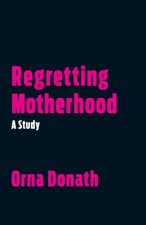
Regretting Motherhood
15.75 € -8 % -

Wanderlust
16.96 € -19 % -

Wounded Woman
18.58 € -11 % -

Tragedy and Hope
71.01 € -

Past Mortems
9.28 € -28 % -

Death and the Afterlife
18.07 € -24 % -
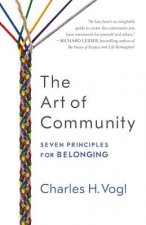
Art of Community: Seven Principles for Belonging
19.28 € -19 % -

On Death and Dying
14.03 € -30 % -

Surrendered Single
13.32 € -28 % -

Expulsion of the Other - Society, Perception and Communication Today
16.96 € -

Together
11.30 € -28 % -

Time, Labor, and Social Domination
30.70 € -24 % -

Modern Psychometrics with R
72.92 € -12 % -

Cultural Contradictions Of Capitalism
16.66 € -21 % -

Voluptuous Panic
30.30 € -15 % -

Unthinking Social Science
28.68 € -15 % -

History and Social Theory 2e
23.43 € -8 % -
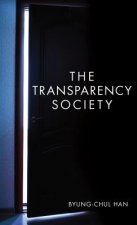
Transparency Society
14.03 € -7 % -
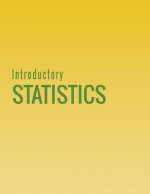
Introductory Statistics
38.78 € -

Age of Beloveds
36.15 € -9 % -
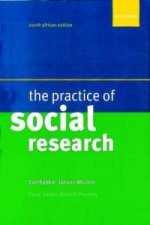
Practice of Business and Social Research
38.17 € -

Revolt Of The Cochroach People
14.33 € -20 % -

Oxford Handbook of Philosophy of Death
68.78 € -
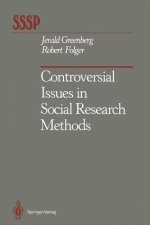
Controversial Issues in Social Research Methods
61.51 € -

Healing Children's Grief
66.36 € -

Work of the Dead
25.65 € -16 % -

Why People Die by Suicide
28.48 € -7 % -

Tragedy and Hope
44.54 € -

Theory of the Leisure Class
11.30 € -28 % -

Book of Tea
9.28 € -28 % -

Cruel Optimism
27.47 € -6 % -

Social Intelligence
12.92 € -22 % -

World of Sex
6.25 € -28 % -

Why Love Hurts - A Sociological Explanation
17.57 €
Collection points Bratislava a 2642 dalších
Copyright ©2008-24 najlacnejsie-knihy.sk All rights reservedPrivacyCookies


 15549 collection points
15549 collection points Delivery 2.99 €
Delivery 2.99 € 02/210 210 99 (8-15.30h)
02/210 210 99 (8-15.30h)